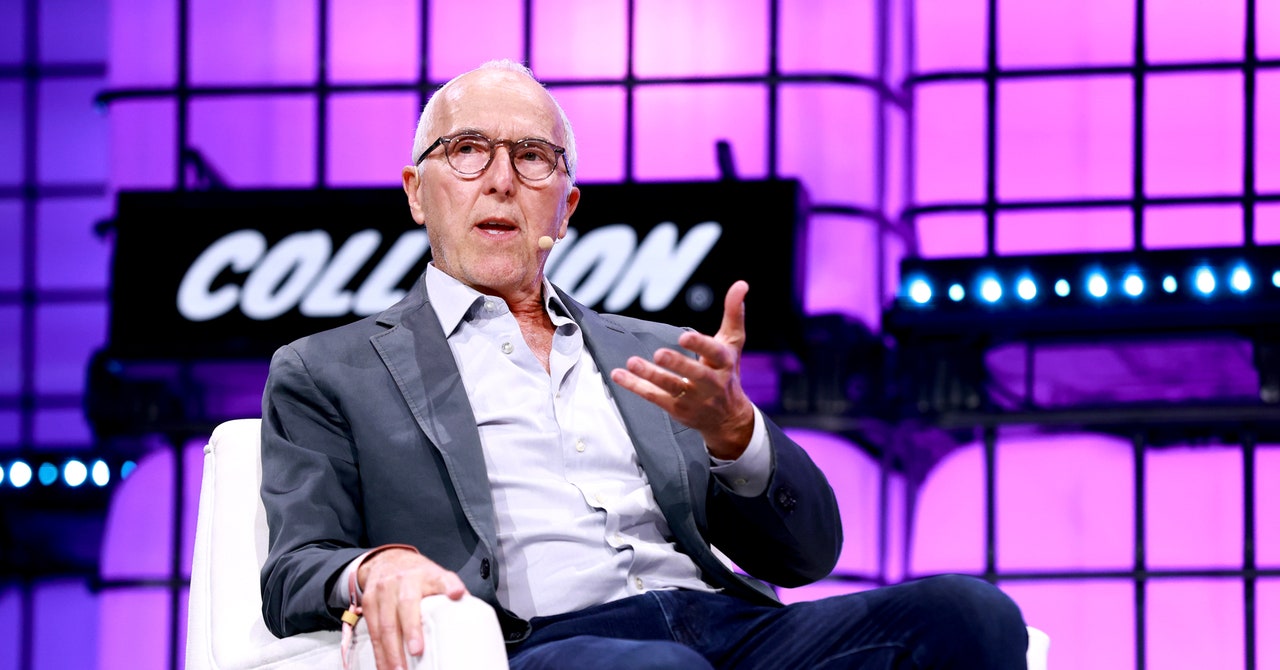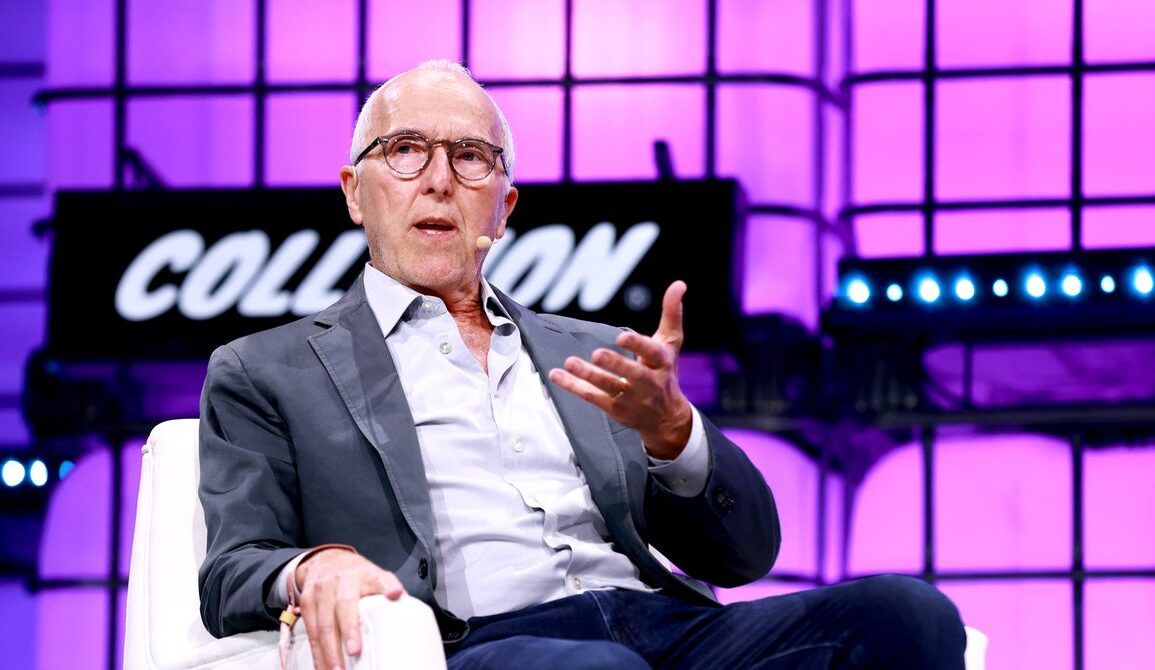
TikTok’s future in the United States is murkier than ever after a federal appeals court upheld a law last week that could force the app to sell its US operations or be banned as early as January 19. TikTok sued, claiming the law violated the First Amendment, but the justices sided with the Department of Justice, agreeing that the federal government has the authority to block or force a sale of TikTok if it poses a risk to national security—even a hypothetical one. (For years, US lawmakers have claimed that TikTok’s China-based owner, ByteDance, could use the app to spy on Americans or influence the content they see.)
The court’s decision leaves TikTok with few avenues for survival. One possibility is that president-elect Donald Trump could find a way to “save” the beloved platform come January, something he promised to do on the campaign trail. But beyond winning a final legal appeal at the Supreme Court, which is far from guaranteed, finding a wealthy buyer in the US may be TikTok’s most viable option.
One of the most prominent prospective buyers to emerge so far is real estate mogul and former owner of the Los Angeles Dodgers Frank McCourt, who says he has received $20 billion in informal commitments from investors to purchase the app as part of what he calls the “people’s bid.” The sale would bolster McCourt’s existing technology initiative Project Liberty and the so-called decentralized social networking protocol it has developed. McCourt wants to incorporate the DSNP into TikTok and allow users to export their friends across other interoperable apps.
WIRED spoke with McCourt earlier this week about what else he would do with the app, including keeping some form of advertising (“People, in America in particular, like to buy things,” he says) and letting people curate their own recommendation algorithm (“It’s a much better model”).
This interview has been edited for clarity and length.
WIRED: Has anything changed since the federal court decision came out last Friday?
Frank McCourt: I think a lot has changed, because up until Friday, there was just speculation as to whether or not ByteDance would win. All of this suddenly became very real, didn’t it? Now, there’s a January 19 date. Now, we don’t know what ByteDance is going to decide to do. We know that they said they’re going to appeal. That’s out of our control. But as far as shutting it down or selling, that’s also going to be up to them, and we just want to make sure they know that there’s a viable buyer interested in buying US TikTok without the algorithm.
It’s understandable that ByteDance doesn’t want to sell, right? Their US TikTok operation is a huge part of their influence, and it might be a cash cow in the future. If they become open to the idea of selling, how would you convince them that selling TikTok’s US operation to you is the best option for them, too?
Well, I think it’s fairly easy, because, first of all, I don’t think there are a lot of buyers for the platform without the algorithm. We don’t want the algorithm. We don’t need it. Coincidentally, we’ve been building a clean stack from the bottom up for five years now. We’re a viable buyer. We meet the terms.
So I think the most powerful argument we have is that they can comply with US law, and they could get value for their assets. We think it would be a sensible way for everybody to resolve this on an upbeat note and make it a win-win. China and ByteDance get some value for the US platform; the US citizens are protected; Congress is happy and the president is happy. And most importantly, TikTok users and influencers are happy because the platform stays up and running.
When you say you have built a tech stack for TikTok, do you mean the decentralized social network protocol or DSNP?
It starts with DSNP, but then we built a platform layer called Frequency, which is the way to implement DSNP. Now we’re onboarding apps on Frequency. We have [social media platform] MeWe up and running, and now it has nearly 1.5 million users. We have four more apps not including TikTok joining.
So we’re ready. We just need scale. A million and a half [users] is awesome as a proof of concept, but it’s not the scale required to have an alternative upgraded internet where people could choose between [it and] the current internet.
What we’re proposing is there’ll be an alternative where [users] are not surveilled, the data isn’t scraped, and they permit the use of their data. Individuals get value for it, and agency is returned to individuals. And very importantly, they own their relationships. Right now, the TikTok user base—the influencers and creators—do not own the communities they create.
When you say users can get compensated for their data, how much are we talking about? $5, $500, or more? What would the payment system look like?
I think it’s a whole new economy that’s going to evolve. Last time I checked, the “Magnificent Seven” [Alphabet, Amazon, Apple, Meta, Microsoft, Nvidia, and Tesla] are worth something like $18 trillion. That’s bigger than most countries’ GDP by far. So nobody can argue any longer that the data is invaluable, right? As far as TikTok specifically is concerned, we call it the “people’s bid” because I’d love to see the user base be able to own a piece of it.
Who is going to be the one paying? Will it be your platform paying users, or will advertisers pay users to acquire their social graph?
I think there’ll be advertising for sure. I mean, people, in America in particular, like to buy things. They like to have a choice. They like to have whatever they buy delivered up to their home the next day. We have the privilege of all that. So we want to continue to cater to that, and really celebrate that. But not in the way it’s currently done.
Right now, we have what’s called an attention economy. The apps try to compete for attention. Why not shift to an intention economy where, if you want to buy something, you just communicate that. Imagine an internet where ads [work like this]: I’ve raised my hand and said, “I really want to buy something.” That’s much more valuable to companies and advertisers.
You’ve mentioned you don’t want to buy the algorithm, and you have amassed at least $20 billion in informal commitments for your bid. What exactly do you value the most in TikTok’s US operation? What is so valuable about TikTok that’s worth at least $20 billion?
The user base, the content, and the brand. That’s where the value is. I don’t know if ByteDance will sell the brand or not.
Without the algorithm, do you still think you’d be able to maintain the audience?
I wouldn’t buy TikTok with the algorithm, because part of Project Liberty’s point is [that what we have right now] is not a healthy internet. It’s become a very centralized internet, based on surveillance and scraping people’s data. So I think we can re-architect the way the internet works so that people are in charge, not the platforms. They permit the use of their data, or, by the way, rescind the permission if the promises are not kept.
People don’t know what they don’t have until you sell it to them, right? And I’m very convinced that when people see that there’s a version of TikTok 2.0, where they curate their algorithm, they’re in charge, and they own themselves and parse out their data and get value for it, people will clamor for that. They’ll rush to that. It’s a much better model.
We could debate this all day long, but we’d be the one taking the risk. We are the ones putting up the money and saying that this will work. ByteDance can shut it down, or they can get the money for the platform and wish us luck.
Right now, TikTok is associated with specific types of content, such as dances, silly videos, and a younger audience. Do you intend for the new version of TikTok to maintain that focus?
Well, I think that the Gen Z user base is critical to keep it engaged, because young people create culture. And TikTok is a culture creator, if there ever was one. But I do want to add that recent surveys show that for 47 percent of Gen Zs, although they use it multiple hours a day, they wish it had never been invented. Because of the highly addictive nature, and how they feel sometimes right after spending so much time. So let’s create a healthier version, where it’s a super polished app, is easy to use, and looks very similar to the way it looks now. But the users are in charge.
Do you believe that giving teenagers full control without a manipulative algorithm will help them reduce their screen time?
I think once you put control in the hands of individuals, people will make choices for themselves. Some will make good choices, some will make bad choices. What’s really important, though, is when you’re talking about very young people, parents need to have some ability to be a parent. Young people need to be mentored. They need to be parented, and it’s very difficult now for parents to compete [with the algorithm].
So we need to step back. TikTok is awesome. We want to keep it alive. Let’s build a better version of it. But you know what: Healthy teenagers are awesome, too. Being a good parent is awesome, too. Human individual rights and protecting them are awesome, too. Protecting American citizens is awesome, too.
If TikTok’s Supreme Court appeal takes some time, will you still want to buy the app, even if that is months or years from now?
Yeah, we’re lined up to do this whenever it happens. What’s just great serendipity to me here is that this legislation happened and TikTok may be up for grabs. Because moving 170 million people over to a new stack will catalyze this alternative upgraded internet very quickly. Right now, one of the big problems we have is that we debate things about this internet, but until there’s another choice, people are kind of stuck.
I compare this to large scale, human physical migration. There’re people that live in very difficult places—in the case of my ancestors, there was a famine—they really want to go somewhere else. But there’s a second condition required, and that is you need a place to go. Right now, people are getting wise to the harms of the current Internet, and the fact that they’re being taken advantage of and not being rewarded properly or fairly. But nothing’s gonna happen unless there’s an alternative and a place for them to go.
This post was originally published on this site be sure to check out more of their content








